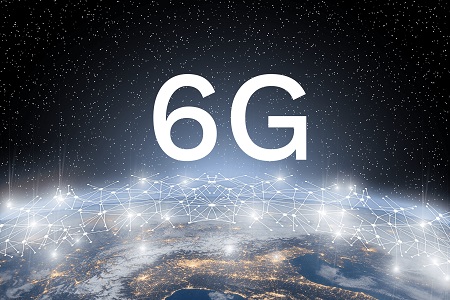6G requires agile communications governance and increased collaboration across multisector stakeholders.
 UAE telecommunications operator Etisalat has announced its foray into the next generation of the mobile network with considerable efforts towards 6G realisation, conducting research and developing international standards, the main building blocks for the 6G ecosystem.
UAE telecommunications operator Etisalat has announced its foray into the next generation of the mobile network with considerable efforts towards 6G realisation, conducting research and developing international standards, the main building blocks for the 6G ecosystem.
Haitham Abdulazzak, Chief Technology Officer at Etisalat, shared these insights during his address at the session titled Setting the roadmap to 6G at the ongoing Mobile World Congress in Barcelona.
He said: “Advancement of new mobile technologies has become much more rapid than ever. Introduction of new features, capabilities and use of millimetre frequencies seen in 5G is a result of this advancement, which is expected to be complemented with terahertz spectrum in 6G. Etisalat is one of the ambitious players making steps towards the sixth generation of the network. The excellent achievements by Etisalat today in 5G coverage, cloud-native, slicing, Multi-Access Edge Computing (MEC) development, AI and automation platforms, as well as high fibre penetration, which stands at more than 99% of UAE populated area coverage, is a result of the long-term strategy paving the way towards 6G. We are committed to bringing the latest technologies to the UAE market to enable digital societies. As part of our vision and future technology planning, 6G is going beyond earth networks into space to enable a new era of services and usage scenarios with terabyte data traffic resulting in extraordinary human to machine interaction. Etisalat is upgrading tools and capabilities of its R&D centre to enhance the contribution towards 6G global standardisation within the international fora and alliances.”
The promise of 6G is in the transformation of use cases targeted by 5G into a full integrated autonomy, enabling the move from science fiction to reality, robotic humans operation, sophisticated human to human, human to machine and machine to machine relationship.
The 6G technology requires agile communications governance and increased collaboration across multisector stakeholders.
The technology is seen as an enabler of new coverage dimensions in space and maritime in addition to the terrestrial dimension.











































































